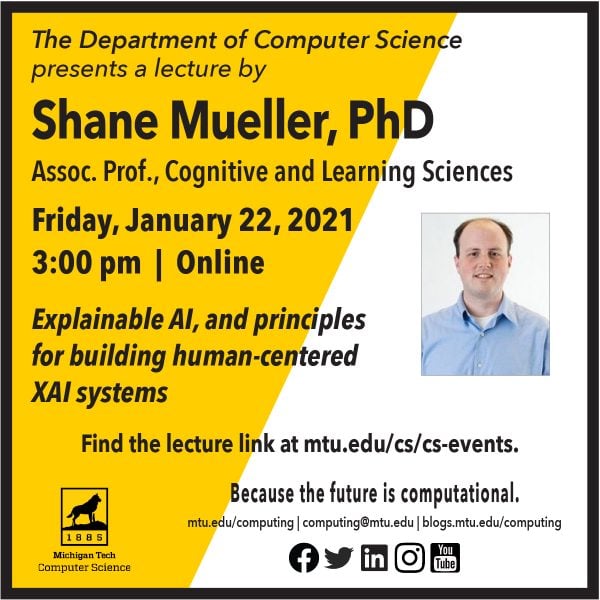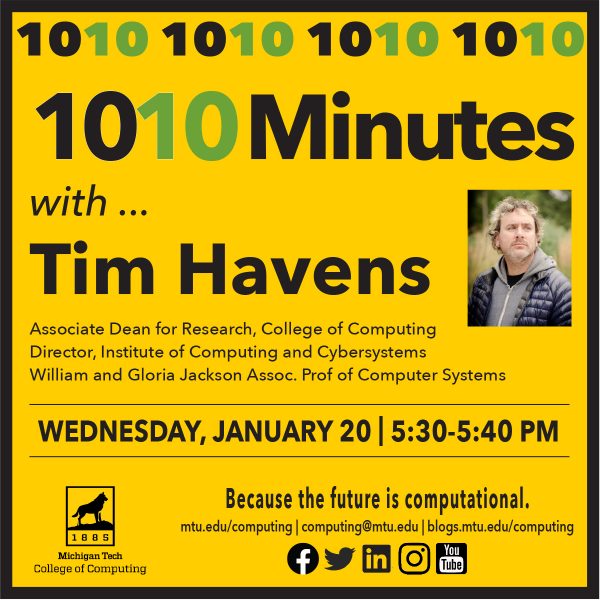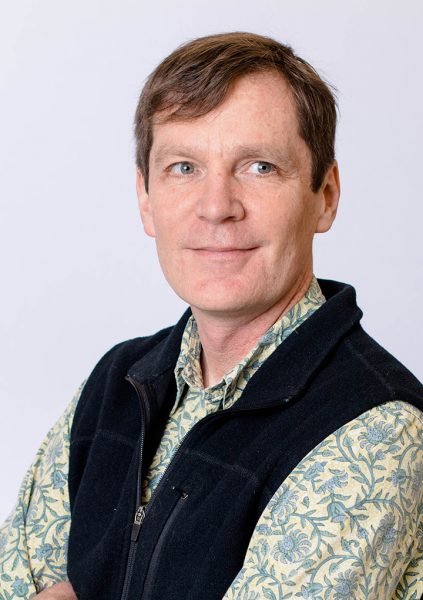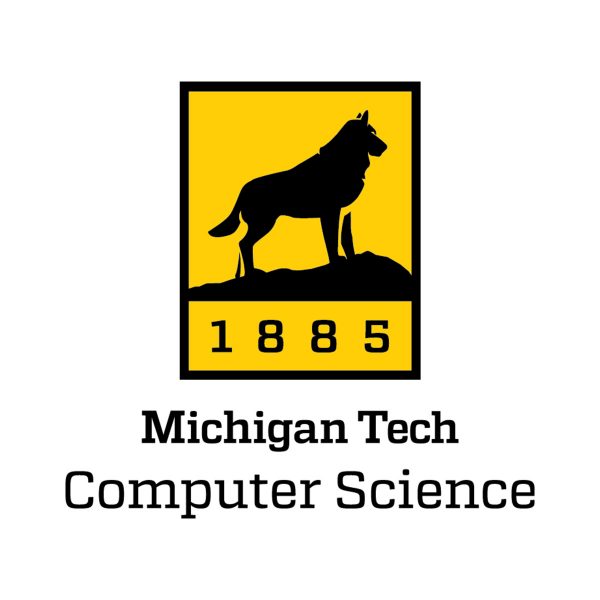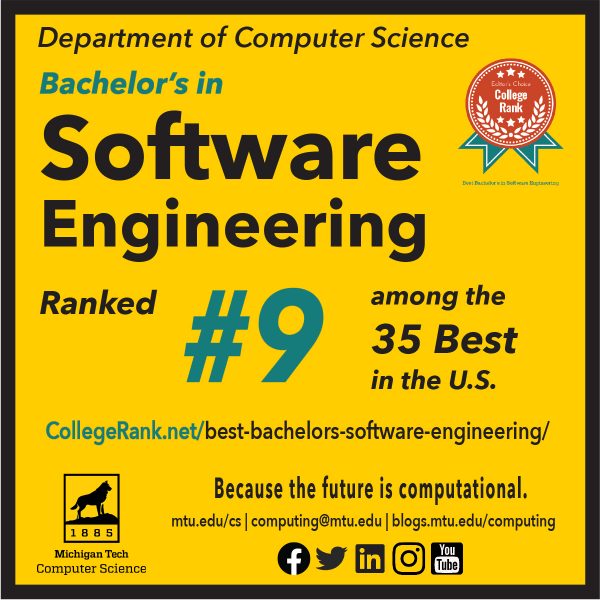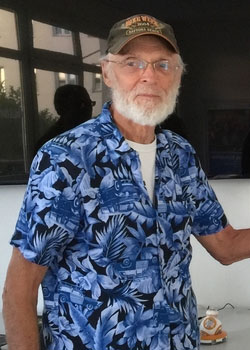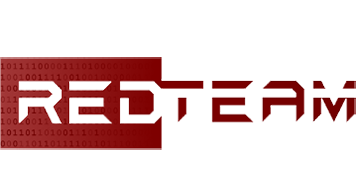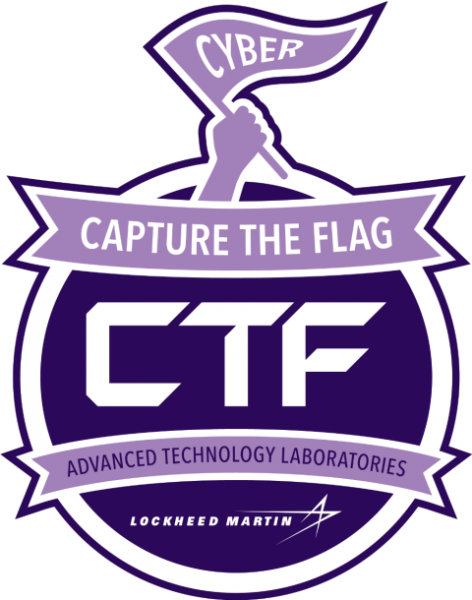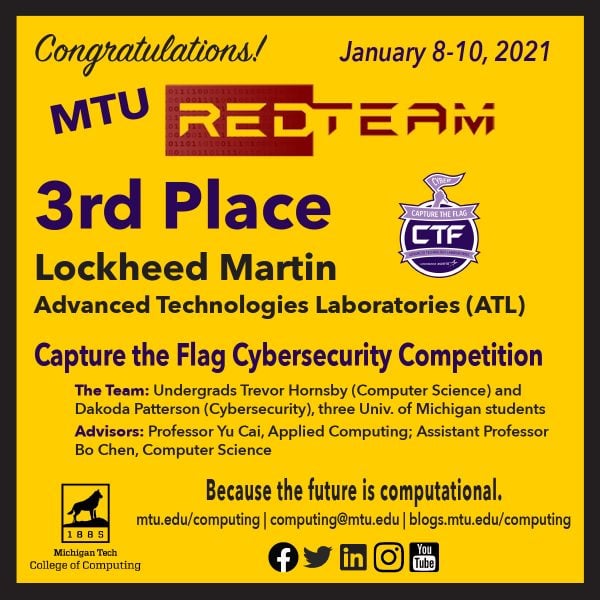The 2021 Undergraduate Research Symposium (URS) will be held virtually on Friday, March 26, 2021. It requires that participants register for the event, provide an abstract, and create and narrate an electronic poster.
This event is open to all Michigan Tech undergraduate researchers. Students wishing to participate must register online by Friday, February 5.
The top three winners, based on judges’ reviews, will receive cash prizes for the best poster and narrated presentation combination. Winner will be announced Friday, March 26.
For event details, student application and resource materials, and judging information, visit the URS webpage or contact Paige Hackney.
View and download photos from the 2019 Symposium on the Pavlis Honors College Flickr page. View the 2019 URS booklet that details all of the Symposium participant abstracts.
